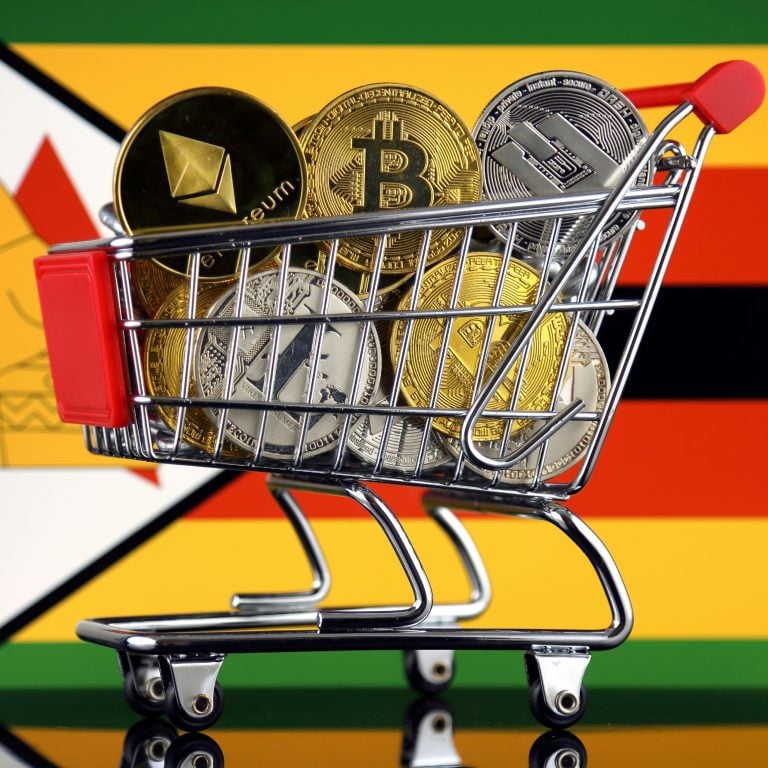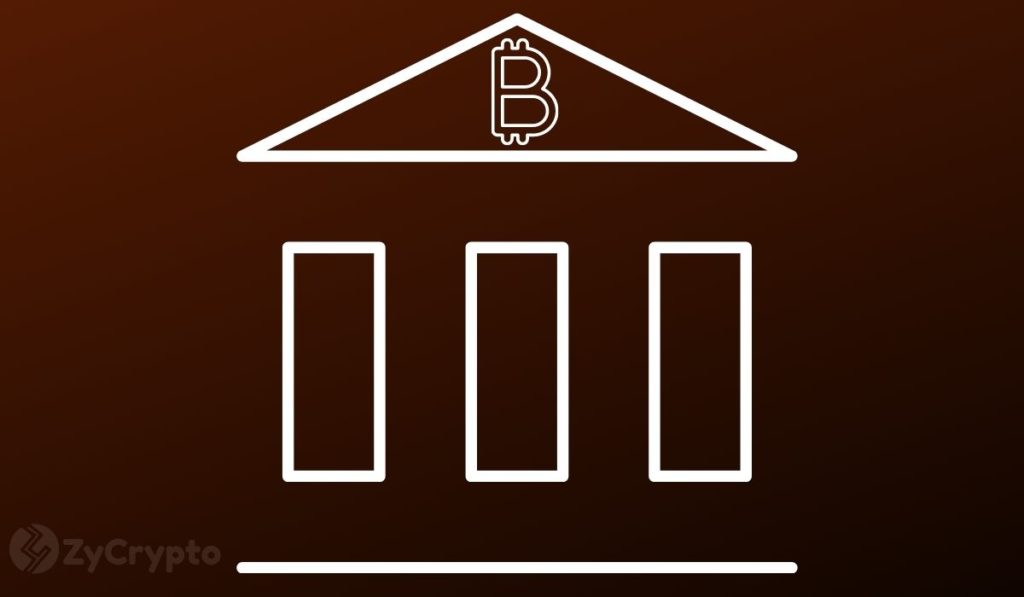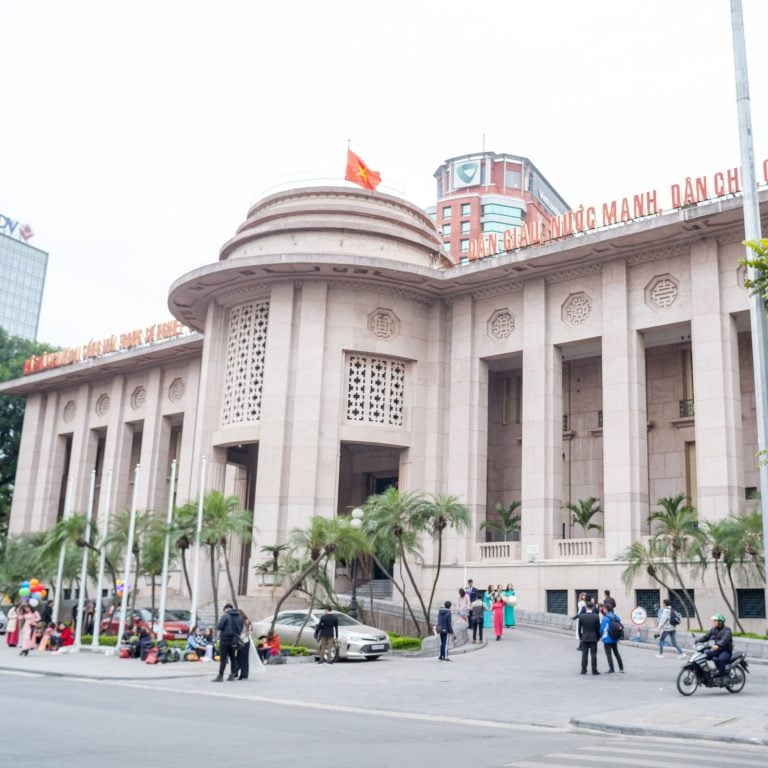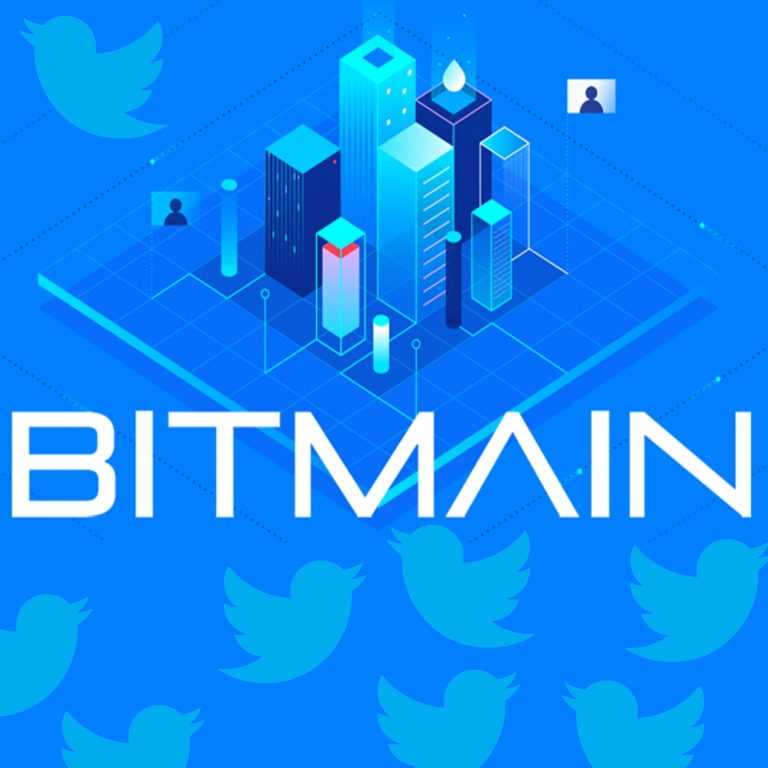
2018-9-13 16:20 |
Cryptocurrency may be banned in Zimbabwe, but bitcoin is helping ordinary folk make payments bank-free. It makes for a great fit for the more than 10 million Zimbabweans who lack access to basic banking services. And it’s even more beneficial to the banked few, a distrusting lot, keen to protect their savings against bank failure, inflation or even political turmoil.
Also read: With Bitcoin Cash, A Namibian Conservationist Hopes To Save Endangered African Wild Dog
How Do You Feel About Paying Rent in Bitcoin?How would you feel about paying rent in bitcoin (BTC)? Josh from Zimbabwe’s second largest city, Bulawayo, feels great about it. “I didn’t have cash at hand, so, my landlord who is open-minded about cryptocurrency said I could pay in bitcoin,” Josh told news.bitcoin.com.
Harare, Zimbabwe.The 23 year-old unemployed psychology graduate, who mines bitcoin at a small scale, zipped 0.02281BTC to his landlord, the equivalent of US$120 at the time.
Zimbabwe is faced with a two-fold problem: a shortage of foreign currency, and that of a surrogate currency called bond notes, initially billed as a panacea to the forex crunch. The Southern African country gave up its own currency in 2009, the same year bitcoin was born, after hyperinflation peaked at over 230 million percent, according to official estimates.
Some businesses, importers and informal traders particularly, often now offer discounts on cash purchases in US dollars – or bond notes – while charging more for mobile or card transactions.
Bitcoin a Silver BulletNow, as Zimbabwe struggles with a severe cash crisis that has forced people to spend hours queuing for money at banks, bitcoin is proving a silver bullet. Not only is the benchmark cryptocurrency helping people like Josh pay for apartment rentals and rates, but it is also making it easier for Zimbabweans to pay for goods and services that are charged in US dollar terms.
A few days ago, this writer used bitcoin to pay subscription for satellite TV – about 0.0042BTC or US$27 at the time, including fees, because I could not get or afford the US dollar equivalent. Around the same time, Stanbic, one of the few remaining local banks accepting deposits for pay television, announced it will no longer be processing such payments, citing a shortage of foreign currency.
The forex crunch means that people can’t pay for goods and services that are dollar denominated using the bond notes, a currency the Reserve Bank of Zimbabwe (RBZ) claims is tied 1:1 against the US$. It is not. The greenback is selling at a premium of 85 percent on the streets of Harare.
Cheaper Than BanksStudy263, a platform originally created to help Zimbabweans studying abroad pay fees with ease via cryptocurrency, has now gained thousands of users as people seek to circumvent the RBZ’s chokehold on foreign currency allocations.
“We don’t only use bitcoin but any other available cryptocurrency – they are cheaper, faster, and in Zimbabwe’s situation it (bitcoin) works now that card payments do not work out of the country anymore,” said Study263 co-founder Tinashe Jani.
Jani said his company had facilitated over 900 transactions with amounts ranging from $10-$10 000+ since starting operations a year ago. For pay television, Study263, which is based in South Africa, receives bitcoin into its wallet before converting that to Rand and making payment there, for a fee of between 2 to 3 percent. Connection is almost instant.
Banks like Stanbic were charging up to $10 for a similar service.
DSTV, Africa’s biggest satellite TV company, is South African-owned.
Jani said his company was getting requests for services they don’t provide such as “someone asking us to give Rand to their siblings who cannot have access to bitcoin in Zimbabwe or South Africa.”
For a fee of 3 percent of the amount transfered, Study263 obliges the request, he said. In Bulawayo, Josh is looking to continue making BTC-based rentals going forward after his first successful ‘test run’ with his landlord.
Crypto BanCryptocurrencies like bitcoin, ethereum and liteoin are banned in Zimbabwe. The country had started to emerge as a critical part of the crypto market in Africa when the Reserve Bank of Zimbabwe in May shut down two exchanges, Golix and Styx24, that were helping people buy and sell bitcoin and other digital coins from a central platform.
The RBZ accused the exchanges of violating Exchange Control laws, and of taking on banking activities, such as accepting deposits – something they weren’t allowed to do. When Golix tried to raise $32 million via a token sale in June, central bank governor John Mangudya described the process as a “pyramid scheme”. Today, Golix is contesting the ban in the High Court.
How are people in your area making use of bitcoin in everyday transactions? Let us know what you think in the comments section below.
Images courtesy of Shutterstock.
Verify and track bitcoin cash transactions on our BCH Block Explorer, the best of its kind anywhere in the world. Also, keep up with your holdings, BCH and other coins, on our market charts at Satoshi Pulse, another original and free service from Bitcoin.com.
The post Faced With Cash And Forex Shortages, Zimbabweans Turn To Bitcoin – Even When It’s Banned appeared first on Bitcoin News.
origin »Bitcoin price in Telegram @btc_price_every_hour
Bitcoin (BTC) íà Currencies.ru
|
|























